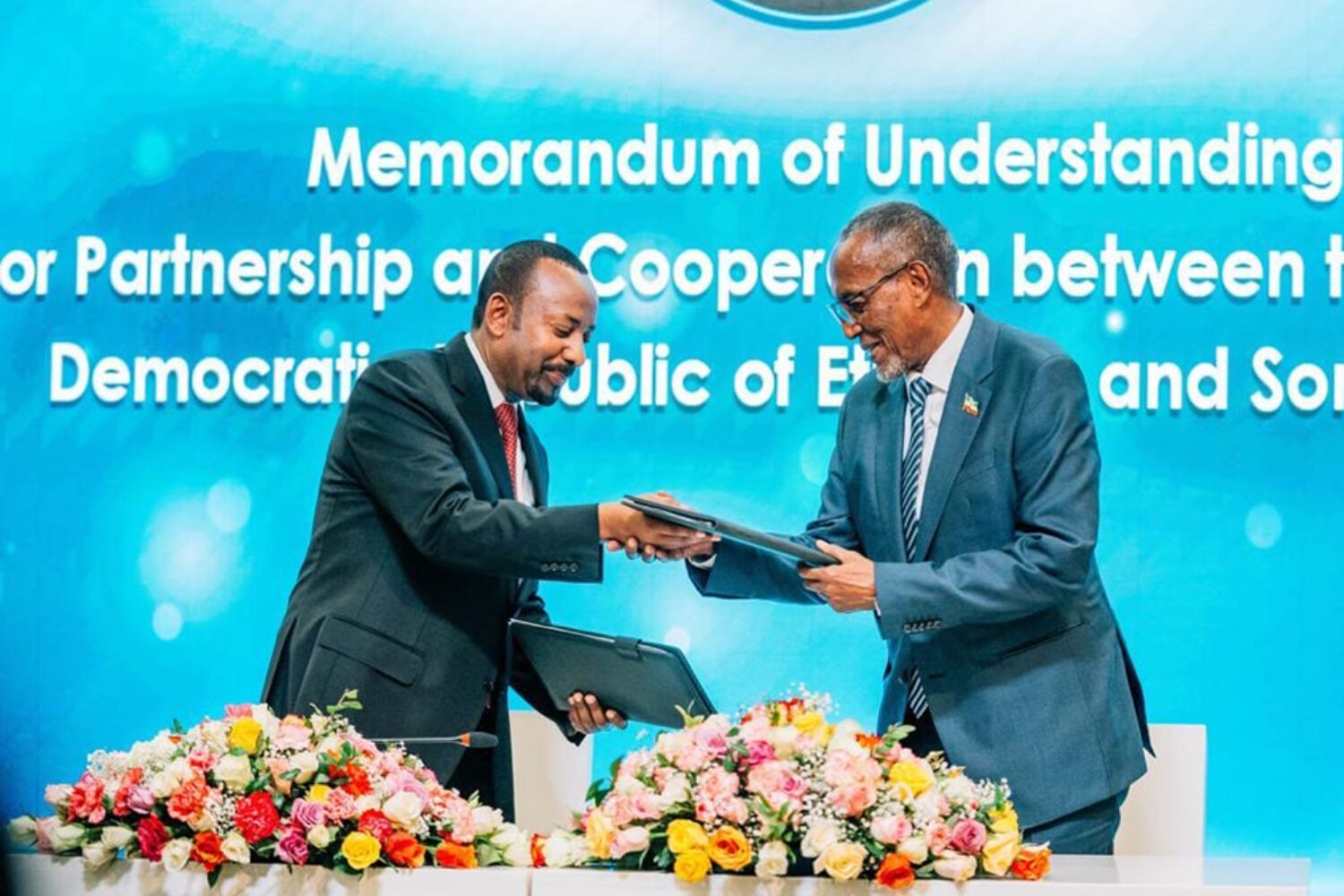Ethiopia does not actually have its own access to the sea, but this is now set to change via the port of Berbera in the autonomous republic of Somaliland.
The memorandum of understanding is intended to pave the way for Ethiopia to gain access to the Red Sea and generally diversify the country’s access to seaports, as the prime minister of the landlocked East African country explained. Up to now, most of Ethiopia’s imports and exports have gone through the port of Djibouti. [ds_preview]
At the same time, the agreement is intended to strengthen political and diplomatic relations. The Republic of Somaliland – which seceded from the civil war-torn country of Somalia in the early 1990s – is not internationally recognized, but unlike the rest of Somalia it is largely politically stable. However, Somalia views the move by neighboring Ethiopia as a violation of its sovereignty.
Ethiopia already involved in the port of Berbera
DP World has been investing in the expansion and modernization of the port for years. As early as 2018, the government of Ethiopia became a 19% shareholder in the Berbera port project when an agreement was signed with DP World and the Somaliland Port Authority. The Arabian terminal and logistics group DP World sees great potential in the African hinterland; according to figures from the International Monetary Fund, Ethiopia alone is currently one of the fastest growing economies in the region. DP World has been expanding its activities on the continent for years. In addition to building and operating new ports in Africa, the Group is now also active in land logistics.
Prime Minister @AbiyAhmedAli and the President of Somaliland Muse Bihe Abdi have signed a historic Memorandum of Understanding in Addis Ababa#PMOEthiopia pic.twitter.com/6lPlCoepGr
– Office of the Prime Minister – Ethiopia (@PMEthiopia) January 1, 2024













